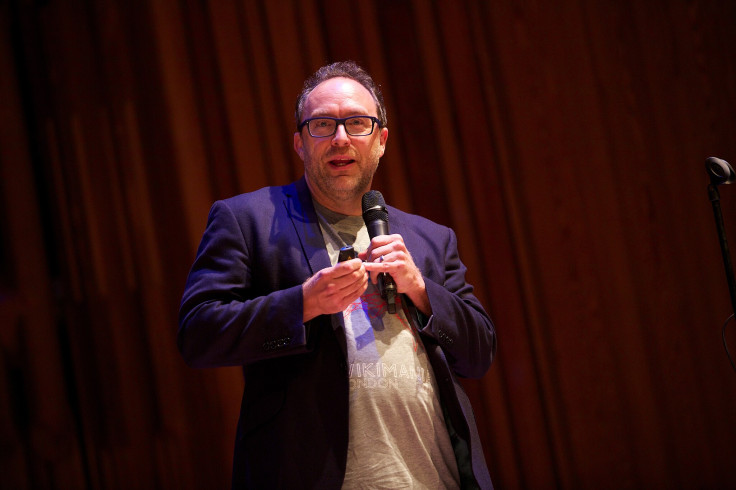Wikipedia Founder Slams Elon Musk-Owned X (Twitter)
Wikipedia founder Jimmy Wales said X is not only losing its users but is also being "overrun by trolls and lunatics".

Wikipedia founder Jimmy Wales has explained why he ignores Twitter owner Elon Musk's classless digs at the free online encyclopedia.
To recap, Musk offered $1 billion (about £815 million) to Wikipedia to change its name to "Dickipedia". Aside from this, the Tesla chief has previously accused the platform of having "non-trivial left-wing bias".
Finally, Wales has responded to Musk's comments, telling CNBC: "I mean, he's had a war of words with me, I just ignore him. So I didn't really respond to that."
Furthermore, the top executive noted that what Musk refers to as censorship, Wikipedia refers to as "thoughtful editorial judgement". "So, you know, Elon will be Elon," he added.
Twitter vs. Trust Cafe
Wales launched an X (formerly Twitter) rival called Trust Cafe earlier this year. He noted that the aim of this pilot project was to create a "community of trustworthy people".
Wales said he wants to build a social media platform that promotes content based on its trustworthiness rather than having content based on its viral likability.
This platform is based on voluntary membership and does not have ads, he added. Overall, he wants the social media platform to offer a really quality experience that will enhance users' lives.
You can post X-style posts on Trust Cafe and others can comment on your post. You can also search for posts on topics like technology and world news.
Wales then went on to point out that X is losing users and accused the Musk-owned social media platform of being "overrun by trolls and lunatics".
X, formerly Twitter, being overrun by 'trolls and lunatics,' warned Jimmy Wales, founder of Wikipedia pic.twitter.com/i3wAtwsYXy
— CNBC International (@CNBCi) November 14, 2023
"I think a lot of people are fleeing Twitter, a lot of thoughtful and serious people are fleeing Twitter," Wales said at the Web Summit tech conference in Lisbon.
Wikipedia founder talks about ChatGPT
Speaking during the opening night of Web Summit, Wales shared his opinion about ChatGPT, claiming the AI-powered tool makes too many mistakes to be useful.
Also, he said it would take about thirty years for a large language model (LLM) model to be able to compete with humans. In contrast, a new study claims AI chatbots like ChatGPT can understand and respond to human emotions.
ChatGPT, which was launched almost a year ago, sparked a revolution in the technology segment. Big tech companies like Microsoft and Google are sparing no effort to be a successful AI leader.
Governments, on the other hand, are figuring out ways to regulate and utilise AI capabilities safely. However, it looks like Wales isn't impressed by large language models.
"It is not good enough for a great many purposes," he told the crowd at the summit. While he believes LLMs are fun to play with, Wales noted that they are "pretty bad" when it comes to using them.
Something to cheer about
Despite his negative comments, Wales also heaped praise on how OpenAI signposts false information and mistakes. Moreover, he wasn't put off by the idea of using AI on Wikipedia.
While he did not like the prospect of AI writing Wikipedia articles, Wales said there were several "low-hanging fruits" where the technology could be helpful.
For instance, Wikipedia recently collaborated with Meta to develop a set of AI tools that improve citations of facts and can search Wikipedia.
"For certain types of things like reading all of Reddit or all of Twitter it's great for teaching it how people communicate, but that isn't great for facts," he said. However, Wales claimed he had never heard of Elon Musk's new Grok AI.
According to Wales, the problem with AI is that it relies on content previously written by humans. He noted that Wikipedia doesn't need help with writing about famous or historical topics because the platform already has several people who write about these subjects.
Instead, Wikipedia needs help on more obscure topics, but AI makes a lot of mistakes on those. Overall, Wales believes AI can be used to find the gaps in the Wikipedia content library rather than fill them.
© Copyright IBTimes 2025. All rights reserved.






















